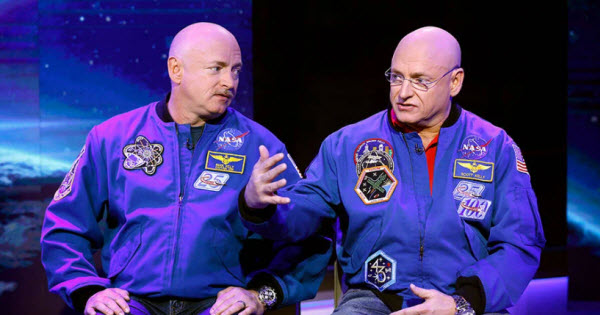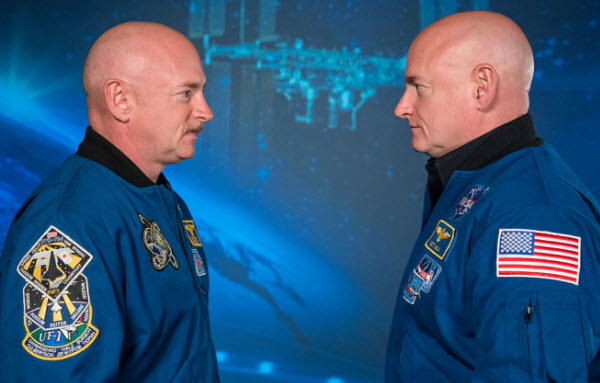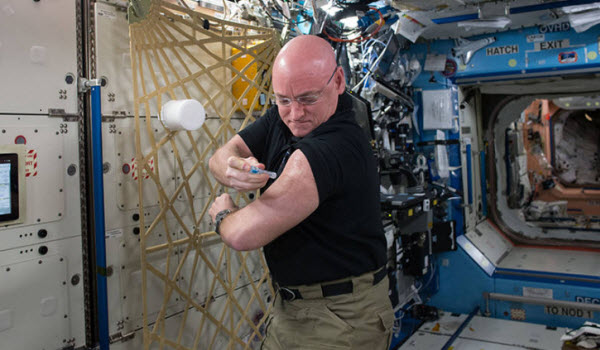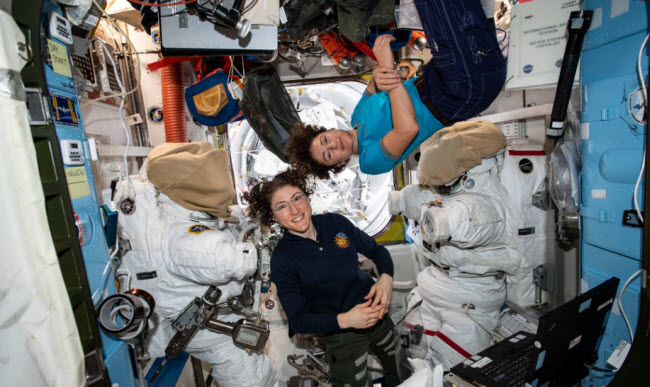Once astronauts leave Earth’s atmosphere and settle into the International Space Station (ISS), they are aware that they will experience an environment vastly different from Earth, which may have physiological effects on their bodies. A notable example of this was when Japanese astronaut Norishige Kanai tweeted after spending three weeks in orbit, claiming that his height had increased by 9 centimeters. Although many dismissed his tweet as an exaggeration, further investigation revealed a more modest increase of just 2 centimeters. Despite the discrepancy, the fact remains that astronauts do experience real changes, which scientists have long known: astronauts often return to Earth taller than they were when they left.
NASA has indeed studied these changes, observing that astronauts return with a greater height alongside several other physiological changes caused by space travel. This investigation was part of a comprehensive study involving identical twins, Scott and Mark Kelly, which began in 2015. Scott Kelly was assigned a one-year mission in space, and NASA took the opportunity to monitor his identical twin, Mark, who remained on Earth, to study the effects of space travel on the body. Scott Kelly had previously asked scientists if they were interested in comparing his data with his twin brother, Mark, who was also an astronaut. After a two-week consultation, the scientists agreed to the study, and NASA provided both twins with a minimum wage of $10.50 per hour for their participation.

The study involved Scott Kelly’s original mission, which included spending 340 days between 2015 and 2016 aboard the ISS, while Mark remained on Earth as a control subject. Measurements of both brothers’ height, weight, and other physical characteristics were recorded before Scott’s flight. Additionally, NASA collected biological samples from both twins, such as blood and saliva. After nearly a year in space, Scott returned to Earth with surprising results: he had grown 5 centimeters taller than he was before his mission.

According to NASA, the reason astronauts return taller is due to spending extended periods in a gravity-free environment, which causes the spine to expand. On Earth, gravity compresses the intervertebral discs in the spine, but in space, this compression is alleviated, allowing these discs to expand. As a result, a person can grow several centimeters taller. Alongside this discovery, scientists also found other surprising changes. One study of the twins’ DNA revealed that space travel affected their telomeres—the structures on DNA strands that indicate age. Scott Kelly’s telomeres appeared longer compared to Mark’s, which NASA initially attributed to the radiation levels in space. They had expected that increased radiation would shorten telomeres, but the opposite was observed.

Unfortunately for those hoping that NASA’s studies might lead to a fountain of youth or a quick way to gain a few centimeters, there is no evidence suggesting that Scott Kelly’s telomeres had a significant impact on his age. Once returned to a gravity-rich environment, everything, including his height, reverted to its original state.
